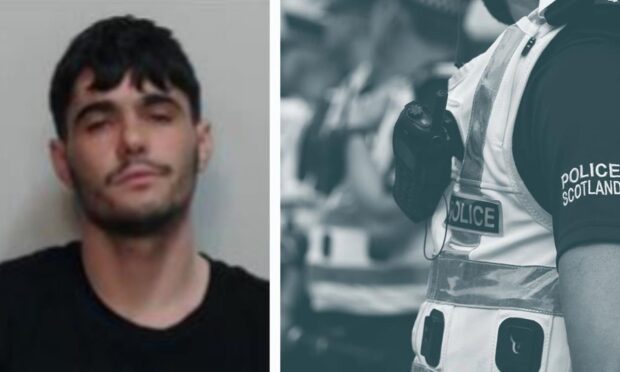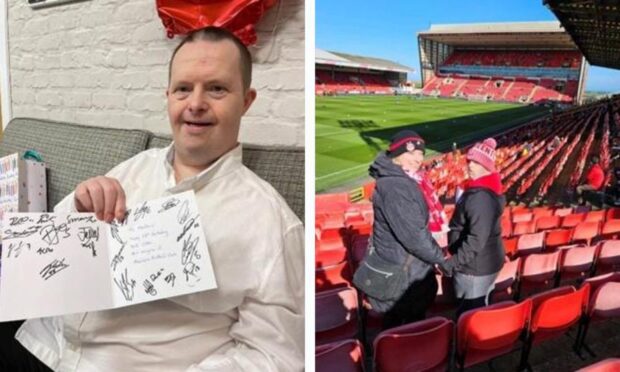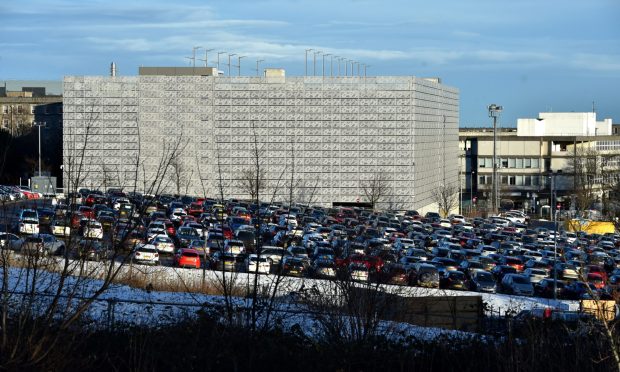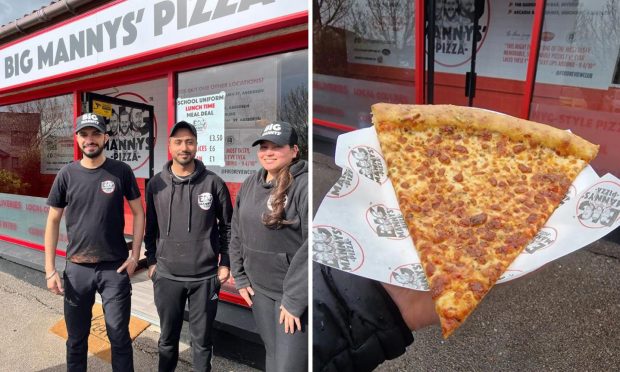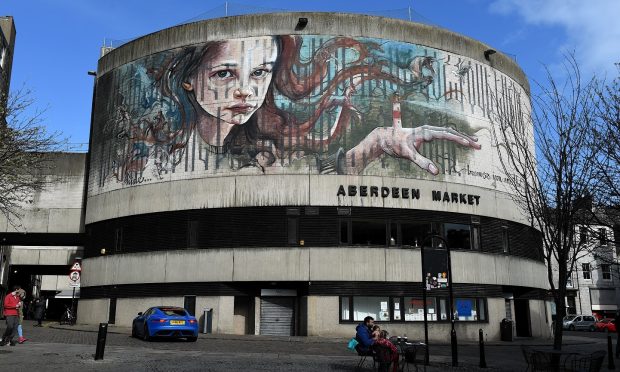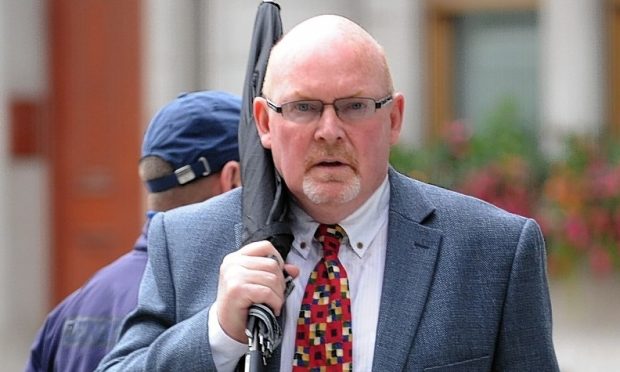The sex trade in Aberdeen has exploded in recent years – with far fewer prostitutes working on the streets but many more escorts drawn by the city’s oil-rich reputation.
And it appears the downturn in the industry has not affected the numbers of girls making themselves available on a daily basis.
A growing number of websites which allow women to advertise their services and availability in the city have also appeared online.
On one website alone, there are about 100 women selling sex on any given day in Aberdeen for upwards of £100 an hour.
In the Highlands, you could expect to see about 30 escorts available each day.
Police have previously estimated that the sex trade is worth £1.3million a month – although they admit the true sum could be many times higher.
And as long as the women are not working under the same roof as other call girls, what they are doing is perfectly legal.
A specialist team visits the women regularly to check they are not being forced into sex work and ensure they feel confident about approaching police if they have concerns.
In some cases, women have been able to give the police valuable information about sex offenders and violent clients.
Meanwhile, the number of street prostitutes has fallen sharply since the force launched Operation Begonia in 2010.
The initiative aims to break the vicious circle of girls being arrested, taken to court and having to go straight back out on to the streets to make money to pay their fines.
Instead, police officers work closely with social workers and other professionals and volunteers to address the reasons for women getting into prostitution – often drink and drugs – and giving them support to stop.
Following Jessica McGraa’s death, the organisation Drugs Action revealed many prostitutes had contacted it with concerns for their well-being when visiting clients.
The community support charity said there had been an increased number of people coming forward with safety worries.
In November 2015 the police announced its association with the National Ugly Mugs scheme, a well-established and nationally recognised reporting method for prostitutes to use to highlight those they believe pose a threat to them.

